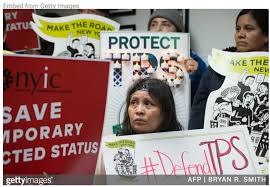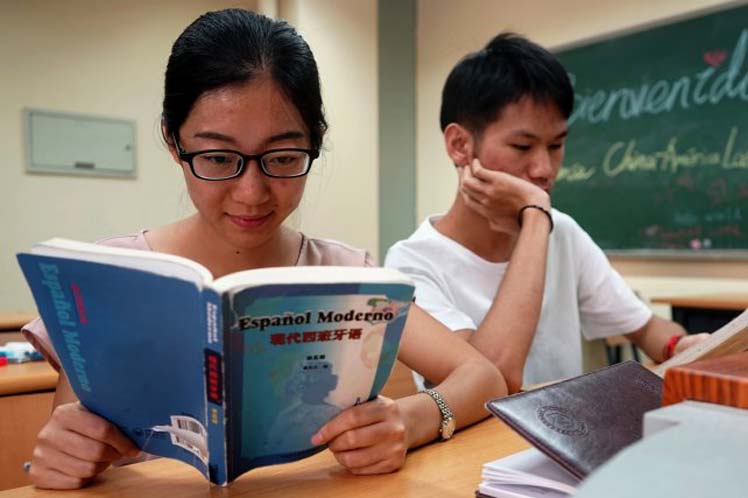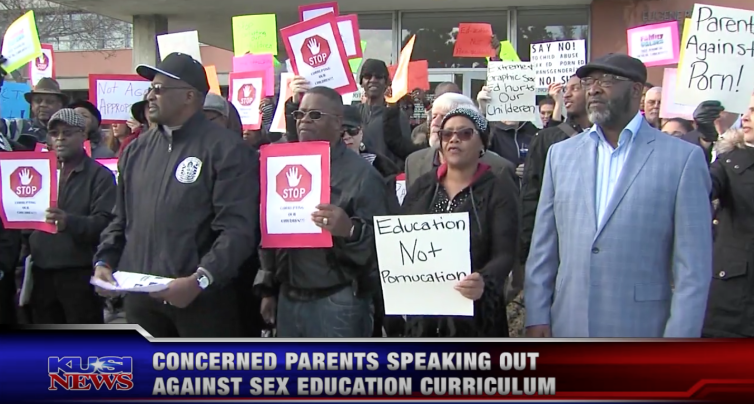What’s happening in Nicaragua? Someone recently asked me this in my Facebook account.
I was also asked this question from someone from Mexico and from another person from Peru, here in the Mission District in SF. They all want to know what is happening in Nicaragua.
Really, what could be happening in Nicaragua? Nicaragua is a very poor country in Latin America that until now had been enjoying a calm envied by its Central American neighbors, appearing to be among one of the safest countries in the Spanish-speaking continent, known for its absence of criminal gangs like those they have in Honduras, El Salvador and Guatemala. All of these claims have been proudly boasted by the government, until today, as being the safest country in Central America after Costa Rica.
While some people heard, but did not know specifically, what was happening to this Central American country that had previously suffered through one of the bloodiest wars in Latin America almost four decades ago. Those who did know regretted the violence that returned to torment the beautiful homeland of the great poet Rubén Darío, after the triumph of the Revolution that overthrew the dictator Anastasio Somoza Debayle on July 19, 1979.
A question on Facebook from a woman named Sylvia caught my attention, suggesting that the events shown in the press of incidents where the Nicaraguan police were committing serious human rights violations and killing students protesting against Social Security reforms (INSS), were false.
This was said while para-military forces created by the presidential couple, the Sandinista Youth (Juventud Sandinista), confronted, persecuted and savagely beat people of the third age who were protesting peacefully for their rights to Social Security. Then, groups of university students joined the protestors, replacing them. From there everything changed forever in ‘the country of lakes and volcanoes.’ formerly the safest in Central America.
I responded to Sylvia:
Nicaragua’s problem is bigger than what you suggest so simply, I answered, when she said: that people should “not be fooled by people who are in charge of destabilizing and causing chaos, if they do not like artificial trees, let’s unite and plant real trees.” She referred to metal trees that were installed at a cost per unit of about $20,000 by Rosario Murillo, the vice president.
I explained her that the problem is the taking of the country by duo dictators, Daniel Ortega and Rosario Murillo, who do and undo everything in the daily life of the country. If you are not a member of their political party you do not have access to justice, to state employment, to state benefits. They can take away your property whenever they want, the police can beat you and you have no recourse, the police can rape you and there is no access to justice – they even refuse to fill out the police report when the victim requires it in a complaint. You cannot protest if you want to change the course of the country by going to vote in “free” elections, because you are robbed of the elections. The governing party, led by the presidential couple, have in their ranks the electoral judges, and militarize the precincts of voting by intimidating voters who don’t belong to their party.
Imagine, all the powers of the state: the executive, the judiciary and the legislative, are at the service of the presidential couple and run the country as their private property … and these are just a few of the issues that people are angry about, anger having replaced the fear that previously controlled the people. Now the people have confronted them after they have seen what the government is capable of as they watched their comrades fall dead by the bullets of the police.
The people overflowed in support of the students. And now these students, together with the people, are now asking for their resignation from the presidency and the resignations of their closest collaborators in the leadership because they are not qualified to govern the country for all Nicaraguans.
Imagine, too, that this presidential couple has a reserve of loyal ‘soldiers’ that they recruited from the slums – and that they cultivated – gang members you do not see on the streets: drug addicts, thugs, etc., who were given the rank of members of the ‘Sandinista Youth’. They are called when there are protests, when they need to stop the advance of the opposition that can wrest power from them in free elections. But this time it failed them. For the first time the fear disappeared in the youth, and in fact in the rest of the population, and what nobody expected happened.
Under contract, these gang members you now see assaulting protesters and ransacking businesses are the ones who do the dirty work that police do not want to do, and yet they are protected by the same police force. All this has been documented in videos in the news. They are posing as opponents of the government during protests to commit acts of violence and destruction of property while they are recorded in the act with video cameras of TV channels controlled by the same presidential couple, who then blame the protesting students.
And if you have heard it said that Nicaragua is the safest country in Central America, is because the gangs have been protected by the presidential family under their command as employees in reserve for several years. These people receive salary and benefits, but most of all, protection and special treatment, which sometimes not even the police have.
In Nicaragua, the big money moves around their interests and partners, while they pocket large sums doing business with other countries using their government positions. The Constitution has been designed for their benefit and convenience, and the people have become their piggy bank.
The president created a law authorizing anyone to steal the private property of Nicaraguans who have gone abroad to work for lack of opportunities in Nicaragua.
The members of the Assembly are their servants, who have been blackmailed into voting the way the couple dictates.
They take away people’s vehicles for parking and moving violations; creating traps for drivers to fall into their nets and to be able to take their money. They have seized the country in such an incredible way that it looks like science fiction.
Silvia, you say: “Paisanos, the only thing we can do is try to unite and not expect the government to do everything for us”.
I think that is precisely why the Self-Convocation of the students was born, because they cannot expect the government that has created the conditions for their slavery and destruction, to be the remedy that grants them freedom.
And now all of them are asking that the couple leave, but first, that a investigation be undertaken to find the culprits who gave the order to attack and shoot, killing more than 65 people, and put them to trial.









